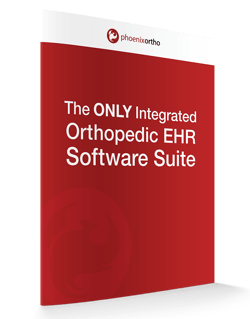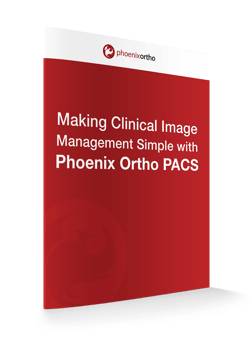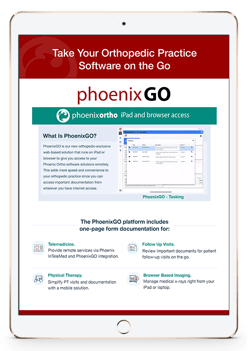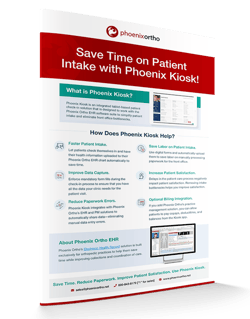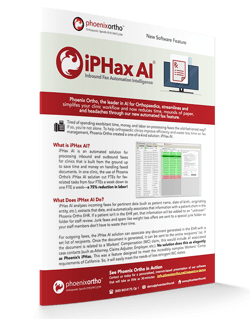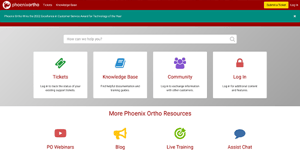What is CMS in Health Care?
The Centers for Medicare & Medicaid Services (CMS) are a near-constant presence in the lives of orthopaedic doctors. Without the ability to process Medicare and Medicaid payments, a clinic would quickly find itself having difficulty keeping its doors open. In fact, according to a publication from CMS, 20 percent of health spending funds came from Medicare in 2017, and a further 17 percent came from Medicaid. Combined, Medicare and Medicaid spending outpaced private health insurance spending in 2017 (which was a 34 percent share).
Because they’re enacted at a federal level, CMS standards play a significant role in an orthopaedic clinic’s ability to collect Medicare and Medicaid payments regardless of where in the U.S. the clinic is based. The major challenge is that CMS federal regulations are continuously changing.
Why Were There Changes to the CMS Guidelines for 2018?
As the CMS 2018 Program Requirements page states, the agency is focused on “improving patients’ access to health information and reducing the time and cost required of providers to comply with the programs’ requirements.” To this end, CMS makes periodic changes to their regulations.
Naturally, these ever-changing standards can make it somewhat difficult for orthopaedic doctors to ensure they can collect healthcare CMS payments. However, having an Electronic Health Record (EHR) solution that is customized for orthopaedic clinics can prove immensely helpful for meeting CMS regulations and ensuring easy collection of Medicare and Medicaid payments.
How Our EHR Solution Helps You Meet CMS Regulations
Normally, one might not expect an EHR to be a critical tool for complying with CMS regulations—at least, not beyond fulfilling the need for documentation. However, Phoenix Ortho’s orthopaedic-specific EHR solution goes beyond simply supplying software. In addition to providing an EHR solution that makes documenting patient encounters fast and easy, Phoenix Ortho helps orthopaedic practices meet their regulatory compliance standards by:
- Providing Onboarding Services to Help Clinics Better Utilize the Software. Some EHR vendors simply provide a download and expect the clinic to handle the rest. Or, there might be a simple tutorial included with the software, but no live support. Phoenix Ortho provides comprehensive onboarding support services to help clinics create their own internal experts in how to use the software—experts who can then train others. This helps clinics get the most out of the Phoenix Ortho EHR solution so they can use it to meet CMS regulations.
- Assigning a CMS Regulations Expert. One of Phoenix Ortho’s key CMS services is that we provide every client with access to a CMS regulations specialist. Whether a clinic is transitioning from meaningful use to the Medicare Access and CHIP Reauthorization Act (MACRA) and Merit-based Incentive Payment System (MIPS), or just needs help modernizing outdated tasks and processes to become more CMS regulation-compliant, the expert can help the clinic meet its goals.
- Streamlining Workflows to Eliminate Unnecessary Processes. In addition to helping clinics meet new CMS standards, the CMS expert can help keep clinics apprised of healthcare regulations for CMS that have been rendered obsolete—such as needing physicians to take a patient’s blood pressure during their work-up. This helps orthopaedic practices enhance their efficiency by skipping procedures that aren’t necessary for CMS regulation compliance.
Between the personalized on-boarding plan and the CMS services provided by Phoenix Ortho’s CMS expert, clinics can make enormous strides in their compliance with CMS standards.
Need help meeting CMS regulations to ensure the collection of Medicare and Medicaid payments? Talk to a Phoenix Ortho CMS specialist today!
Schedule a 1:1
Get in touch with Phoenix Ortho to learn more about how you can save time, money, and mouse clicks with an orthopedic-specific EHR.





